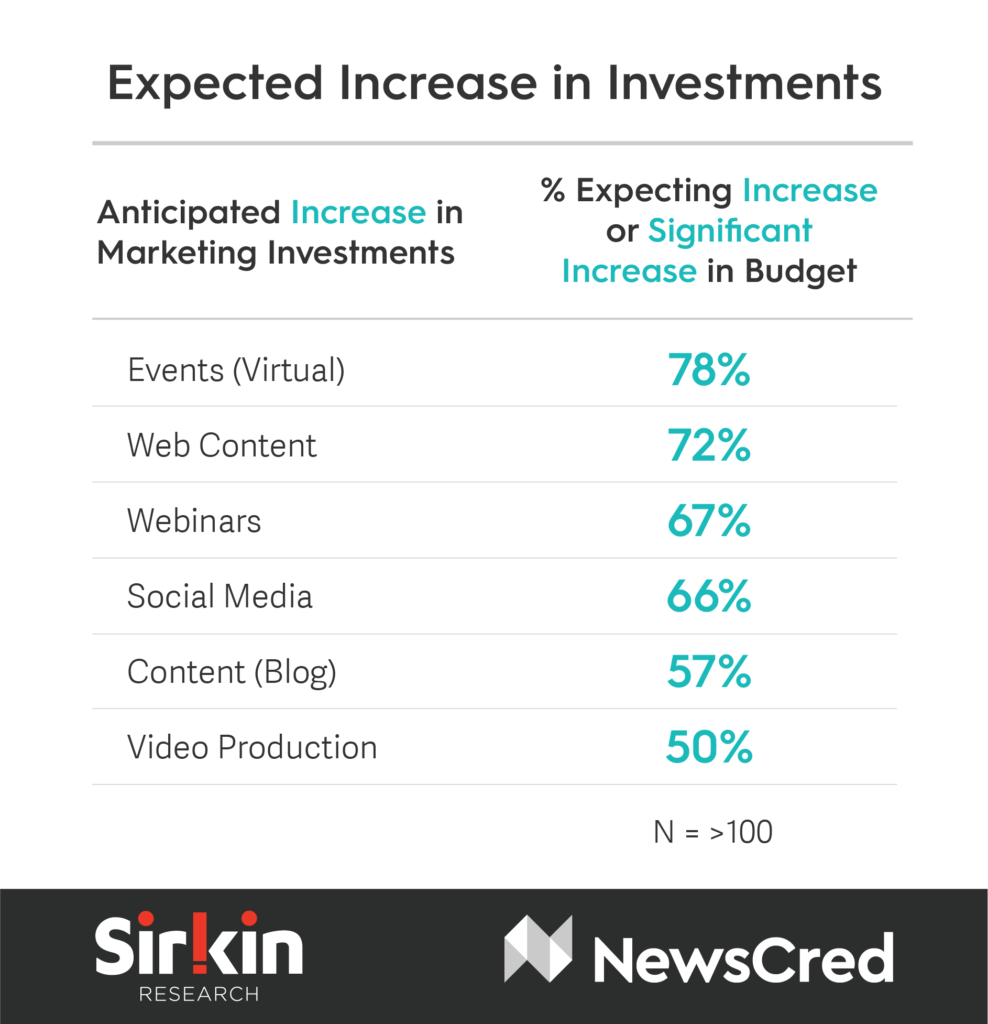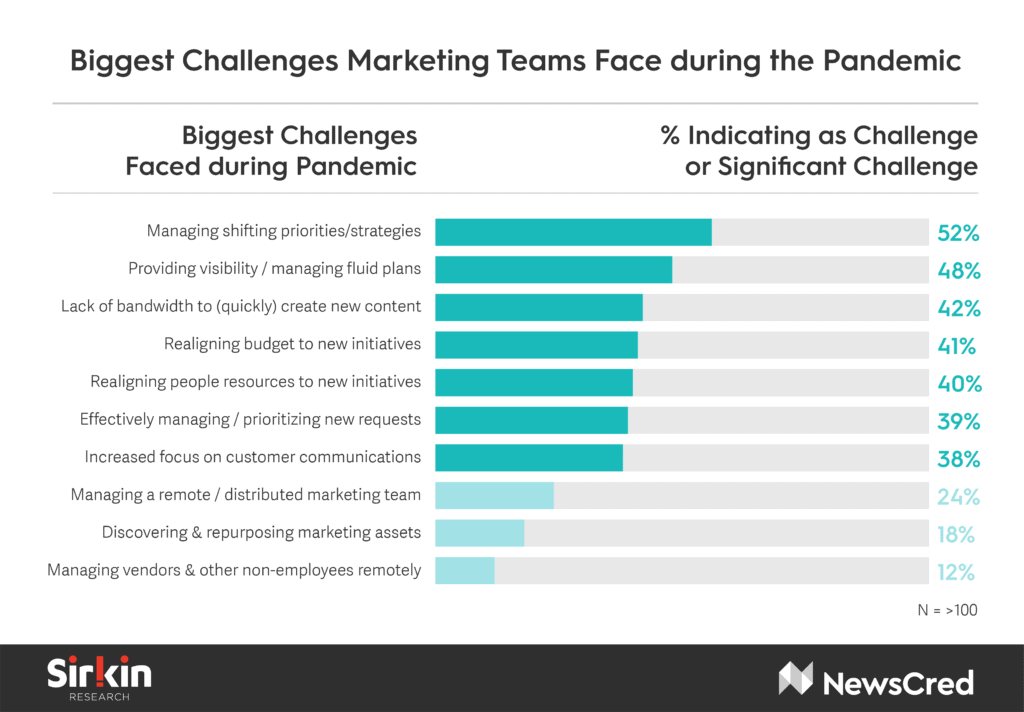5 Ways the Coronavirus Has Changed Digital Marketing for Real Estate: Beyond Leads
Last week, we looked back at the almost five months since the WHO declared the COVID-19 outbreak a global pandemic. Several trends have emerged that illustrate how the coronavirus has changed media, how the coronavirus has changed consumer behavior, and how the coronavirus has changed real estate. This week, we’re diving into where these intersect – how the coronavirus has changed digital marketing for real estate – and as real estate professionals how you can thrive, and not just survive, in this new normal.
Yesterday we talked about what our homebody economy and almost exclusively local way of life means for your real estate marketing. Today, we’re going to discuss the importance of rapid response. And no, we’re not just talking about rapid lead response.
Beyond Leads: Rapid Response Applies to Everything
One of the most difficult things for many of us during the pandemic has been keeping up with, and making sense of, the massive influx of information on COVID-19 and how it’s impacted our lives. Google has a dedicated coronavirus search trends page that highlights many of the ways our behavior, highlighted through how and for what we’re searching, has changed. For companies already struggling to adapt, understanding, responding to, and monetizing changing customer expectations is really hard.
Our “new normal” has obvious implications for the real estate industry and real estate companies’ marketing efforts, such as the importance of highlighting property features more conducive to working from home – dedicated office space, energy efficiency, high bandwidth connectivity, and others – and the safety measures real estate agents are taking to mitigate health risks and ensure they’re following recommended and mandated guidelines. And then there are the less obvious implications, such as the significant increase in people searching for ways to show gratitude during COVID. Local searches have continued to skyrocket, as have searches related to unemployment, a second stimulus, and real estate (searches for “is it a good time to buy a house during coronavirus” have doubled in the last week alone). And as one viral video compilation showed, COVID-19 response ads from major brands have looked and sounded remarkably similar.
Marketers expect a 66% increase in social media content creation during the pandemic, followed by blog content at 57% and video production at 50% (source).

For real estate companies and marketers alike, the challenge is in staying abreast of these changes, rapidly responding to them when and how it makes sense, and ensuring you stand out. Content across all channels – including your website, emails, social media, ads, mail, signage, brochures (if you’re still using them), and more – must be accurate, timely, targeted, and reflective of our current state of mind to avoid sounding tone-deaf. Quality, educational content has been shown to increase consumer trust and brand affinity, as well as to heavily influence purchase decisions. 131% of people were more likely to purchase from someone after reading educational content they produced and 48% still said the same a week later. What’s more, that type of content – evergreen, educational, helpful content – was devoured by many sheltering in place this Spring. If, and this is a big if, lockdowns continue, even in fits and starts, having content accessible for your potential consumers to consume when and how they want is key.
There are other ways in which responding rapidly is essential, mainly when new local, state, and federal guidelines are announced, and it’s on companies and their marketing partners to ensure they have the resources and are prepared to produce new content, evaluate current plans, and add capabilities when necessary. 87% of consumers appreciate brands that go out of their way to deliver timely and relevant information during the coronavirus pandemic. For example, private schools across the country are seeing unprecedented interest as parents try to navigate their options, begging the question – what opportunities exist for you to help parents navigate this time?
How quickly companies can adapt has a direct impact on the amount of revenue they can bring in. Rapid response means:
- Shifting your advertising strategy to capture new places consumers are spending their time, new phrases they’re searching, and new needs they have.
- Rapidly generating new content to capture demand and inform consumers of important changes.
- Implementing new tools to work around challenges and comply with regulations.
- Reconsidering your role in providing a vital service to people across the country, and around the world.
42% of marketers mentioned that their marketing teams lacked the bandwidth to quickly adapt to shifting priorities and creating new content.

The companies most prepared to respond to the changes we’re all facing will be rewarded for their efforts. And yet, it’s incredibly hard to manage a business, broker real estate transactions, and be your own marketing agency. That’s where making a plan and if necessary, identifying good partners like Union Street Media to help you, can be invaluable. You don’t have to know what your content marketing needs will look like in the future to be able to anticipate and set up a system in which you can make changes quickly, thoughtfully, and effectively. The peace of mind alone will be worth it.
This is part two in a five-part series all about How the Coronavirus Has Changed Digital Marketing for Real Estate.
Read Part 1: The Homebody Economy
Read Part 3: Consumers Expect More
Read Part 4: Bidding, Explained
Read Part 5: Opportunities Abound










